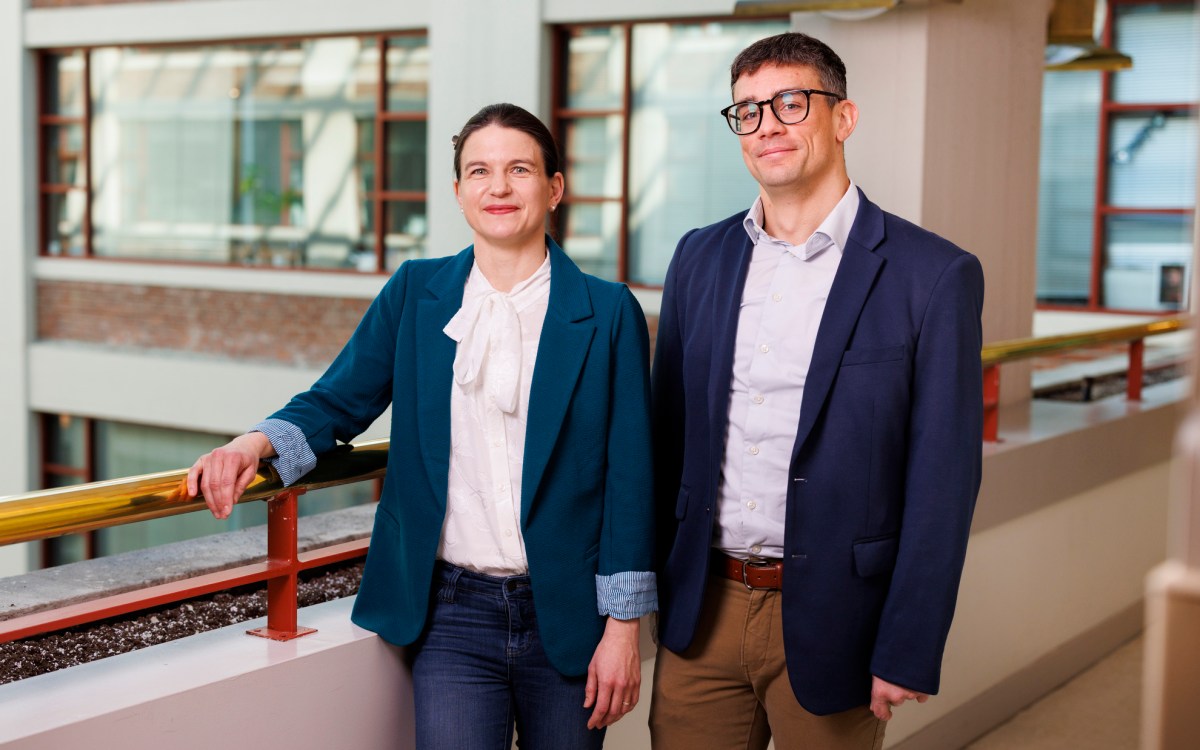Faking happiness for fun and profit
Study: Smile and world smiles back
Laura Morgan Roberts of Harvard Business School and Stéphane Côté of the Rotman School of Management at the University of Toronto, Canada, studied 103 working college students. “We found that presenting yourself to be happier than you really are has positive benefits not just for those around you but for yourself,” says Roberts. “Suppressing negative feelings has the opposite effect.” Côté and Roberts reached their conclusions by quizzing the students before and after they worked four weeks at part-time jobs. They were employed mostly as wait staff, salesclerks, teacher’s aides, and in other service jobs in Ann Arbor, Mich. Seventy-eight males and 33 females, including whites, blacks, Latinos, Asians, and multiracials, took part. The published report of their happiness and unhappiness appears in the December 2002 issue of the Journal of Organizational Behavior. The authors admit that their findings come from a small study done only with students who worked part-time, but they believe that its results could have a wide impact in the workplace, especially if confirmed by larger studies.





